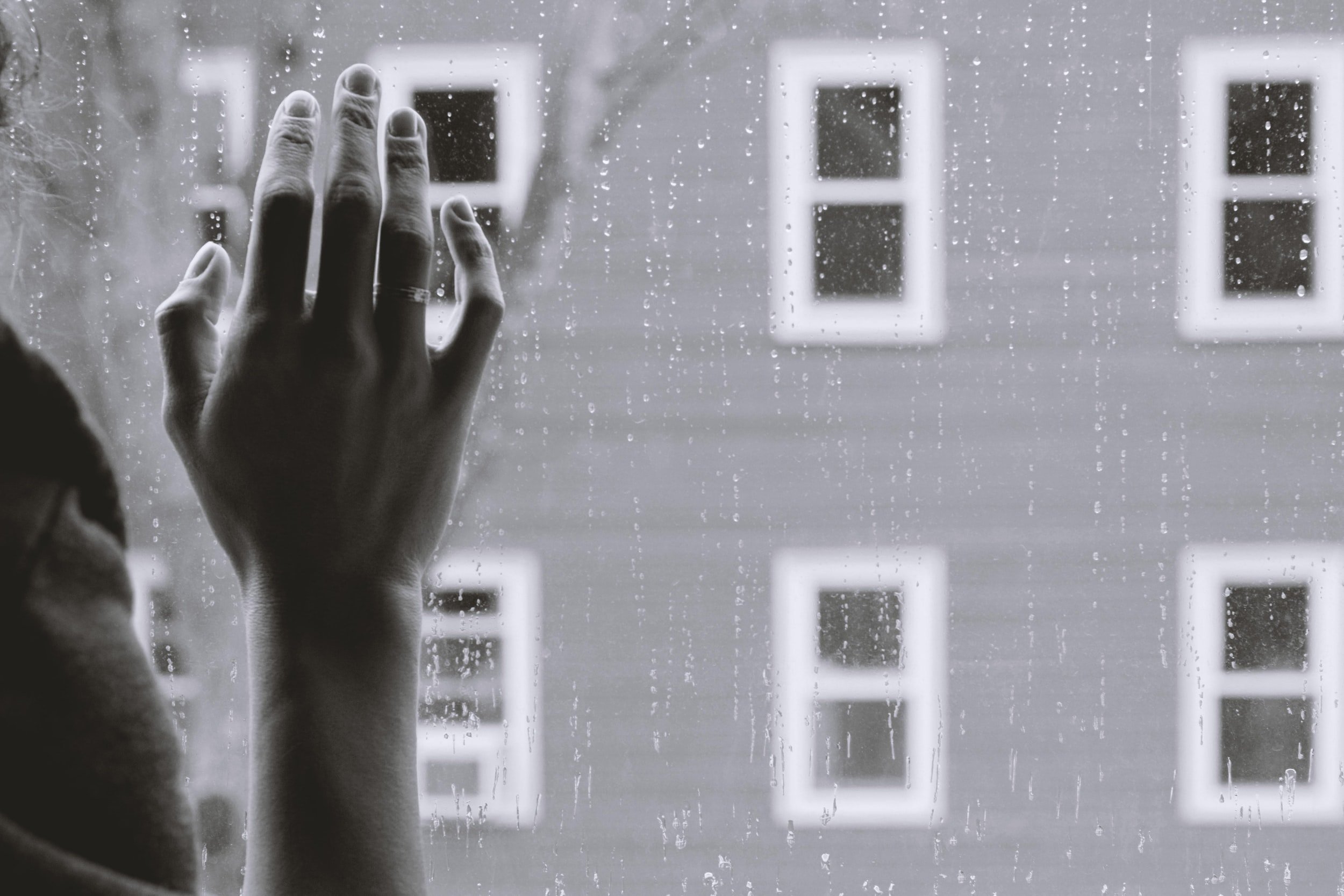Will My Depression Ever Go Away?
Will my depression ever go away: there is no single answer to this question. The type, cause, and severity of depression greatly depend on how long it may last.
According to the DSM-5, there are many different types of depression:
Major Depressive Disorder - depression that lasts for at least two weeks and must include either depressed mood or loss of interest/pleasure. This also includes significant weight/appetite changes, fatigue, sleeping more or less, trouble focusing, feelings of worthlessness, inappropriate/excessive guilt, and suicidal ideation.
This could also include a seasonal pattern where depression occurs during a particular time of year - think dreary, gloomy winters in Ohio.
Persistent Depressive Disorder - depression most of the day that lasts for at least two years.
Premenstrual Dysphoric Disorder - depression symptoms that are present in the week before your period, then improve within a few days of your period and symptoms are either minimal or non-existent the week after your period. Symptoms must be present during most menstrual cycles in the prior year.
Substance/Medication-Induced Depressive Disorder - depression that occurs during or soon after a substance/medication is used and the medication/substance is capable of producing depression symptoms.
Causes of depression:
Depression can be caused by biological as well as situational factors. Biological factors could be physical changes in the brain, the chemistry of your brain, hormone changes, certain medical conditions, or inherited through family genetics. Situation factors could be difficulty in relationships, financial problems, loss, or any other stressful event. The cause of your depression is important because it can determine how long it may last.
The severity of depression:
Depression can range from mild to severe - this range is dictated by how many symptoms you are experiencing and the extent to which depression is impacting your life. Sometimes when individuals are experiencing depression, medication and/or therapy may be helpful. Research has shown that depression is treatable and between 80-90% of individuals that receive help, do notice improvements.
You should never diagnose yourself or a loved one with depression. Only a licensed mental health professional, such as a therapist or primary care doctor can do this. However; it is important to understand and recognize depression symptoms so you can pursue help. Due to many different biological and environmental factors, it is difficult to determine if your depression will ever go away on its own. You don’t need to needlessly suffer, schedule an appointment so we can discuss your depression and build a plan to attack it.
Sources:
CBS Publishers & Distributors, Pvt. Ltd. (2017). Diagnostic and statistical manual of mental disorders: Dsm-5.
https://www.verywellmind.com/can-depression-stop-without-treatment-1067582



